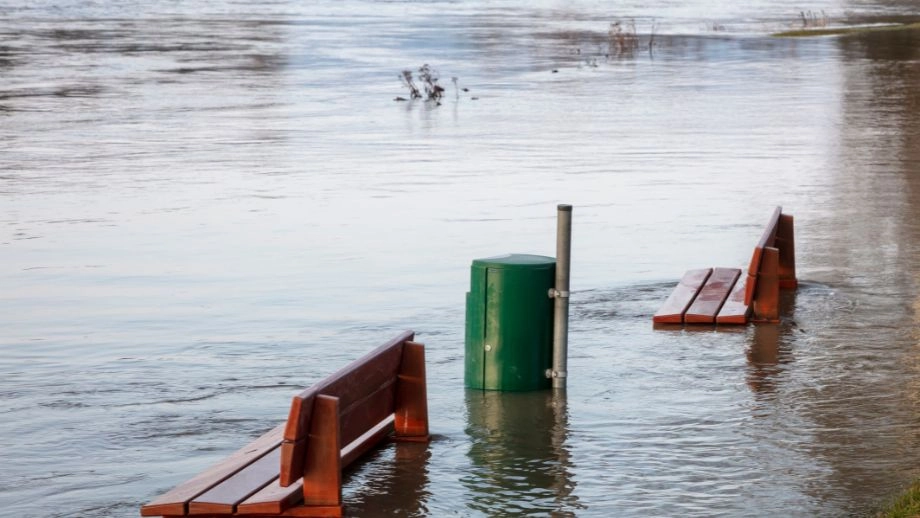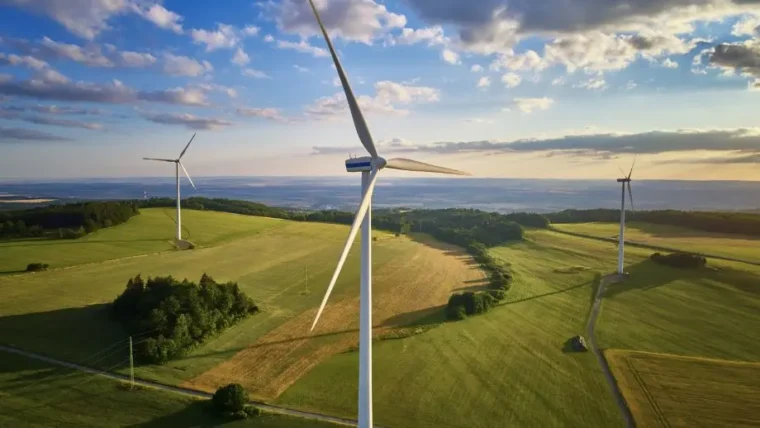Climate Mitigation Plans: What do I need to know?
22 June 2016

Many businesses recognise that climate change poses a major risk that can affect them now and into the future. Some businesses are encouraged to consider climate mitigation plans through their environmental permit, while others are seeing the value of preparing for the challenges of climate change and looking for opportunities. This blog will look at how businesses can begin to look at climate mitigation.
Identify your risks
Climate risks can affect all areas of business performance and can be direct or indirect. For example, as a direct impact, extreme weather can have an impact on business assets, operations and supply chains. Thinking about indirect impacts, climate change could lead to changes in the regulatory environment, changing customer behaviour and shifting stakeholder expectations, all of which will need to be considered. These risks will obviously be company specific and depend on a number of factors such as where you are located, what you do and what resources you need in order to continue to supply your product or service.
Consider what action to take
Once you recognise the risks that climate change poses to your business, you can start to look at early action you can take to adapt. There are a number of actions you can take and they don’t necessarily have to involve excessive cost. For many of the identified risks, it can be a case of integrating climate change into standard business processes, for example in business continuity and risk management plans. Another good action is to monitor climate trends and impacts and review operating and maintenance procedures.
Identify your opportunities
As well as risks, you can look at opportunities that may present themselves from a changing climate. Many of these opportunities can be realised through looking at appropriate actions you can take. For example, you can help to ensure business continuity in the event of problems and this can help you maintain an edge over competitors who may not have planned against such risks. You may also be able to identify cost savings, for example by incorporating climate resilience into asset design and specification now rather than waiting until a problem has developed. You can also increase your reputation by showing shareholders that you are taking climate risk and management seriously. By looking to future conditions, you may also be able to identify future market conditions and anticipate demand for existing and new products and services, thus expanding and opening up revenue streams for your business.
Overall, it makes good business sense to look at climate mitigation. Like all areas of business, it is important to be aware of where your risks are so you can manage them and take action to address those risks. Through identifying your risks, you may also be able to identify potential opportunities that will allow you to grow into new and emerging markets. Climate mitigation plans should be considered as part of your normal risk management process and it is important to realise that the actions needed to secure your future in a changing environment may not include excessive investment.









